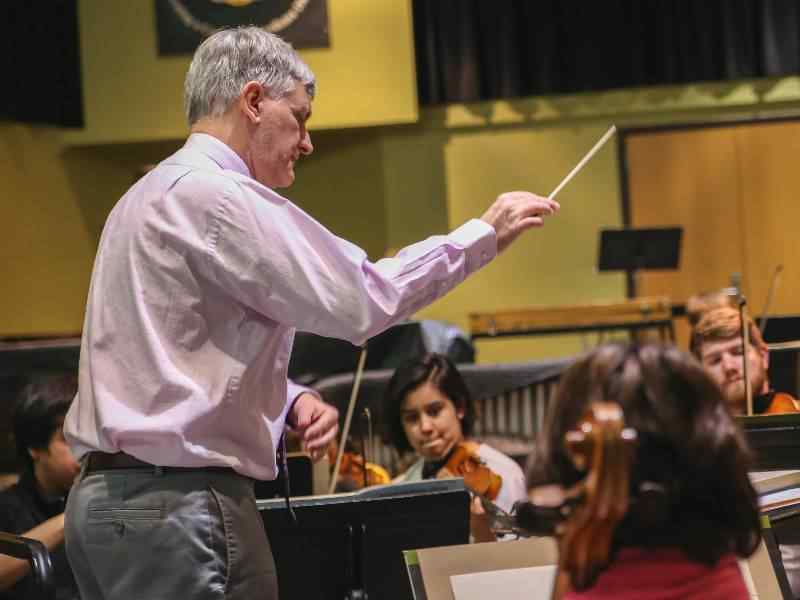Wichita State’s Bachelor of Music (BM) in music composition degree combines quality training from professional faculty with opportunities to gain real-world experience, in venues big and small, on campus and throughout Kansas’ center of arts and culture. Students can choose from five areas of emphasis: harp / guitar / bass, keyboard, strings, voice and winds / percussion.
